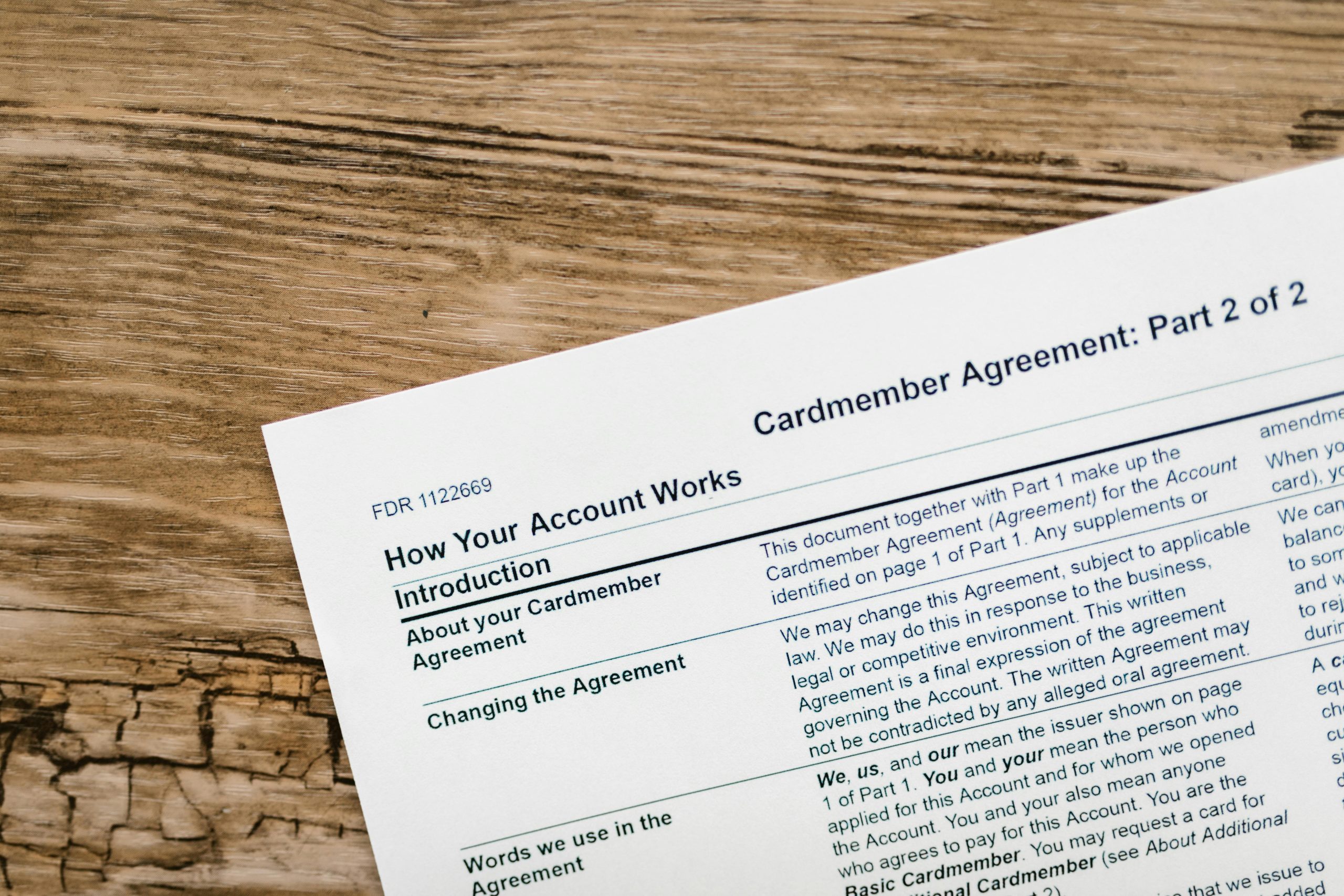Dealing with Ceiling Leaks in Rental Apartments: Your Rights and Next Steps
Experiencing a ceiling leak in a rental unit can be a stressful situation, especially when it leads to property damage. If you’re currently residing in a student apartment or similar rental property, understanding your options for addressing such issues is crucial. Here’s a look at a real-world scenario and guidance on how to navigate the situation effectively.
Scenario Overview
Imagine you’re staying in a student apartment in Atlanta during an internship. Recently, a severe storm caused water to leak from the ceiling into your living space. You promptly notified management of the issue. Unfortunately, the leak turned out to be more substantial than initially estimated, resulting in water damage across half your room and damaging personal items, including your iPad.
Initial Response from Management
Upon reporting the leak, management indicated that the repair process was underway but did not immediately acknowledge responsibility for damages to personal property. When you inquired about reimbursement for your damaged device, they suggested filing a claim with your personal renter’s insurance.
Evaluating Your Rights and Next Steps
It’s common for tenants to feel uncertain about how to handle such incidents. Here are some points to consider:
-
Responsibility for Repairs: Landlords are generally responsible for maintaining the structural integrity of the property, including fixing leaks caused by storms or plumbing issues. Prompt reporting typically obligates management to address the repair.
-
Personal Property Damage: Water leaks can damage personal belongings. While landlords aren’t automatically responsible for replacing personal items, some jurisdictions or lease agreements may offer guidance. It’s advisable to review your rental contract for any clauses related to damages.
-
Reimbursement Process: If the leak and resulting damage were due to landlord negligence or failure to address known issues in a reasonable timeframe, you may have grounds to seek compensation directly from the landlord or property management.
-
Insurance Options: Filing a claim with your renter’s insurance is an option, but keep in mind the deductible cost versus the value of the damaged property. Additionally, having such damage recorded might impact your insurance record, so it’s wise to evaluate whether this route is beneficial.
Recommended Actions
-
Document Everything: Take photographs of the leak, damage, and affected items. Keep detailed records of all communications with management.
-
Communicate Clearly: Write a formal letter or email to management requesting reimbursement for damages caused by the leak, referencing your prior notification and any relevant lease clauses or legal protections.
-
Understand Your Rights: Familiarize yourself with local tenant laws



